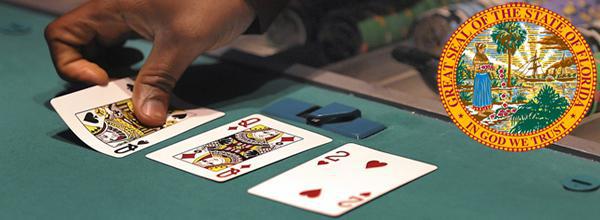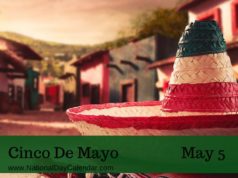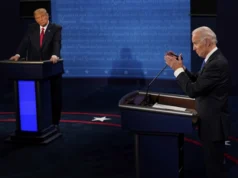
When the current state constitution was approved in 1968 the only approved gambling involved pari-mutuels: dog tracks, horse tracks and jai alai. They had been in operation for decades and considered sporting events you could bet on.
Since the constitution was passed, the voters of Florida have rejected amendments to allow casino gambling three times: in 1978, 1986 and 1994.
When the constitution revision was approved by voters it was never contemplated that racetracks would be converted to casinos. However, that’s what the gambling proposal now moving in the Legislature would do.
The proposal ignores the will of the people of Florida – it ignores history – and it furthers the false argument that pari-mutuels should be able to compete with Seminole Tribe casinos. Race tracks are not in competition with Seminole casinos any more than the Miami Dolphins or Tampa Bay Bucs are in competition with casinos.
They are very different forms of entertainment.
Track owners argue that they shouldn’t be forced to have dog and horse races at their tracks. Yet that’s precisely what they‘re licensed to do!
The pari-mutuel industry doesn’t operate in the free market: It’s a regulated industry. The tracks have been given the exclusive privilege to operate their tracks for decades. They have been given regional monopolies shielded from competition and have received millions of dollars in tax credits while making billions of dollars in profits.
If they don’t want to have races then they should turn in their licenses.
The Legislature now proposes letting tracks replace racing with slot machines: converting tracks to casinos. That would be the largest expansion of gambling in the history of Florida, all done without the approval of Florida residents through a statewide election.
It’s a clear violation of the Florida Constitution.
Today’s slot machines aren’t the simple mechanical devices of the past. Slot machines are now digital machines programmed based on research, designed by psychologists using “intermittent reinforcement” to make their use addictive. That’s why slots are considered the “crack cocaine” of gambling.
Senior citizens are particularly prone to addiction to slot machines. Not surprisingly, seniors are the fastest-growing population of gamblers and half of all casino visitors are senior citizens. Seniors who have lost their life savings playing slots is an increasing problem. Some seniors addicted to slots have been known to spend their Social Security checks at casinos rather than buy food and medicine.
In addition to problems caused by increasing gambling with slots there’s another human cost associated with ending racing at race tracks. The very people who’ve made it possible for greyhound race track owners to become very wealthy are the dog owners – mom and pop-run small businesses – and most have been operated by families for several generations. If races are discontinued 4,000 people in the greyhound industry will lose their jobs. That number more than triples when you end racing at horse tracks as well.
Finally, I would note that expanding gambling as is proposed in the Legislature would change who we are as a state. A few years ago I had the privilege of representing Florida at the World Travel Mart in London, the largest event in the world to promote tourism.
I met hundreds of people, and they all knew Florida as “The Sunshine State.” Everyone I met, from dozens of countries, had all been to Florida with their families. Not one person said, “I just love to gamble in Florida.” No, they come to Florida for our family friendly atmosphere, our natural beauty, and our delightful weather.
We had 105 million visitors to Florida last year. Why would you want to jeopardize that by changing Florida’s image from “family friendly” to “casino friendly”?
Some argue that it’s no big deal since we already have gambling in Florida. Well, we already have poverty, addiction, unemployment and crime, but we don’t need more of those either. We may have gambling but it doesn’t define us, at least not yet.
The gambling debate is about more than money: It’s about the kind of state we want to leave for our children. It’s also about the image we want to project to the rest of the world.
A massive expansion of gambling is a bad bet for Florida.
Jeff Kottkamp, SouthFloridaReporter.com, Feb. 24, 2016
[/vc_message]











